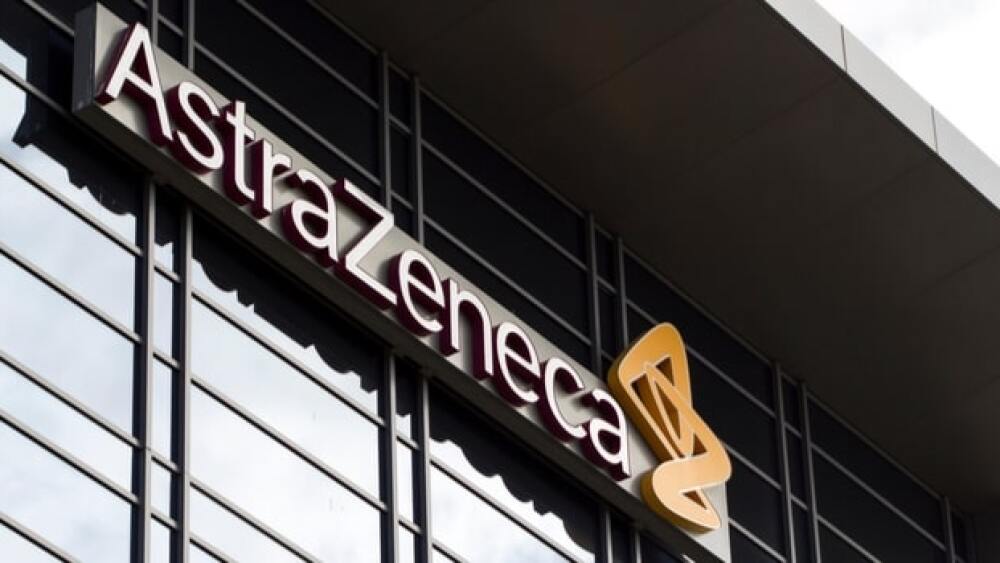AstraZeneca reported Tuesday that its Phase III MESSINA trial hit one primary endpoint but missed the other. The study was evaluating Fasenra in eosinophilic esophagitis.
Tada Images/Shutterstock
AstraZeneca‘s Phase III MESSINA trial evaluating Fasenra (benralizumab) in eosinophilic esophagitis (EoE) hit one primary endpoint but missed the other, the company reported Tuesday.
EoE is a rare, progressive, chronic inflammatory disease of the esophagus. It is marked by the abnormal presence of a type of white blood cell, eosinophils, in the inner lining of the esophagus.
The two primary endpoints of the trial at Week 24 were the percentage of patients with histologic response and mean changes from baseline in Dysphagia Symptom Questionnaire (DSQ).
The drug showed a statistically significant improvement in histological disease remission. However, the endpoint involving change in dysphagia symptoms compared to placebo was not met.
The results confirm Fasenra achieved “near complete depletion of tissue eosinophils, consistent with its mechanism of action,” Mene Pangalos, EVP, biopharmaceuticals R&D at AstraZeneca stated while conceding the failure in the second endpoint.
The company continues to analyze the completed data.
Histological disease remission was evaluated via the proportion of patients with less than or equal to six eosinophils per high power field at Week 24. The study included 210 patients who received Fasenra or a placebo at four-week intervals.
Fasenra is a monoclonal antibody that binds directly to IL-5 receptor alpha on eosinophils. This attracts natural killer (NK) cells which causes rapid and near-complete depletion of blood and tissue eosinophils in most patients by way of programmed cell death.
The drug is currently approved for add-on maintenance treatment for severe eosinophilic asthma in the United States, Europe, Japan and elsewhere.
It is also being developed for other eosinophilic diseases including bullous pemphigoid, chronic obstructive pulmonary disease and chronic rhinosinusitis with nasal polyps.
In March, the FDA issued a Complete Response Letter regarding a supplemental Biologics License Application for Fasenra for patients with inadequately controlled chronic rhinosinusitis with nasal polyps. The CRL asked for more clinical data.
The drug brought in sales of $1.26 billion in 2021.
In May, the FDA approved Sanofi and Regeneron’s Dupixent to treat EoE. It is the first treatment approved that targets the disease’s underlying cause. Otherwise, treatment involves corticosteroids and dietary changes to alleviate symptoms.
Although Dupixent has not been evaluated in a head-to-head trial with Fasenra for EoE, the lack of positive DSQ results for Fasenra will likely be a sticking point for AstraZeneca getting the drug approved for this indication.
BioSpace has reached out to AstraZeneca for comment but had not heard as of press time.





